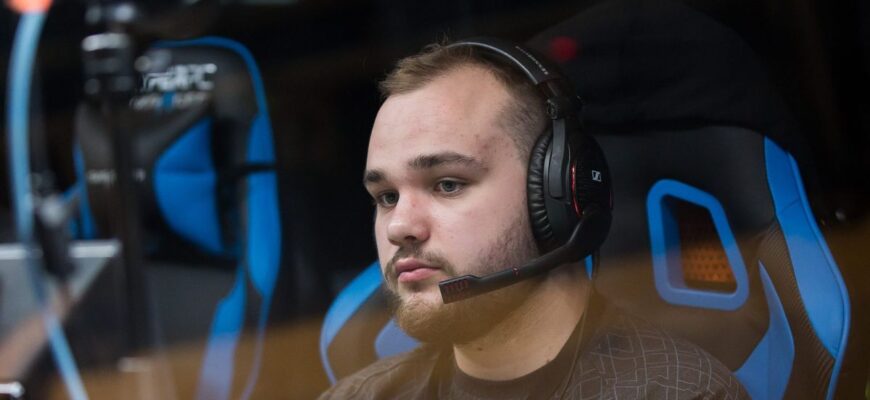Vladimir “No[o]ne” Minenko, the seasoned midlaner for the Dota 2 powerhouse PARIVISION, recently offered a candid glimpse into the less glamorous, yet equally demanding, realities of professional esports. His recent musings on social media underscore a challenge that transcends in-game mechanics: the brutal gauntlet of global climate shifts.
Coming from Riyadh to Serbian heat (+38 tomorrow) for 4 days, just to then go to China where it`s +36 🥲
Minenko`s remark encapsulates a journey that sounds more like a meteorological endurance test than a routine business trip. This isn`t merely about switching time zones; it`s about rapidly adapting one`s physiology to significant temperature swings across continents, a feat that would test even the most dedicated globetrotter.
PARIVISION, fresh off an impressive top-three finish at the Riyadh Masters 2025 in Saudi Arabia, showcased their prowess by overcoming formidable opponents like Tundra Esports. Their success in the sweltering Arabian climate was a testament to their competitive spirit and skill. However, the immediate aftermath of such a high-stakes tournament for players like No[o]ne isn`t a leisurely break, but rather a swift transition.
Before embarking on their next competitive endeavor, the Clavision DOTA2 Masters 2025: Snow-Ruyi in China, PARIVISION finds itself navigating a brief, yet intense, stopover in Serbia. Here, temperatures are soaring into the high thirties Celsius, offering little respite from the previous arid heat. And as Minenko aptly points out, the destination in China promises more of the same, with temperatures hovering around a relentless +36°C.
One might assume the life of an esports professional is confined to the comfortable glow of a monitor, a world where physical exertion is minimal. Yet, the reality, as exemplified by No[o]ne’s travels, paints a different picture. The constant cycle of international flights, the disruption of sleep patterns, and the sudden immersion into vastly different environmental conditions place a significant, often invisible, strain on these athletes. Maintaining peak cognitive function and rapid reaction times – crucial for high-level Dota 2 play – becomes an even greater challenge when the body is constantly battling jet lag and thermal shock.
While the prize pools grow and the arenas fill with roaring crowds, the physical well-being of esports players remains a critical, albeit sometimes overlooked, component of sustained success. No[o]ne`s concise observation serves as a stark reminder: behind every clutch play and every hard-fought victory lies a human being, enduring the less celebrated rigors of a global competitive circuit. It`s a journey where the opponents aren`t just in-game heroes, but also the relentless forces of nature and the demanding logistics of a truly international sport. Their dedication is not just to the game, but to an arduous lifestyle that continually pushes the boundaries of adaptation.









